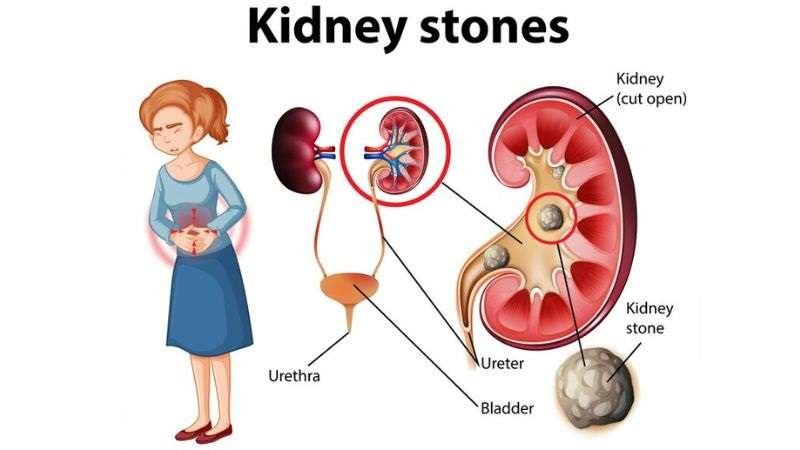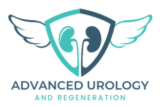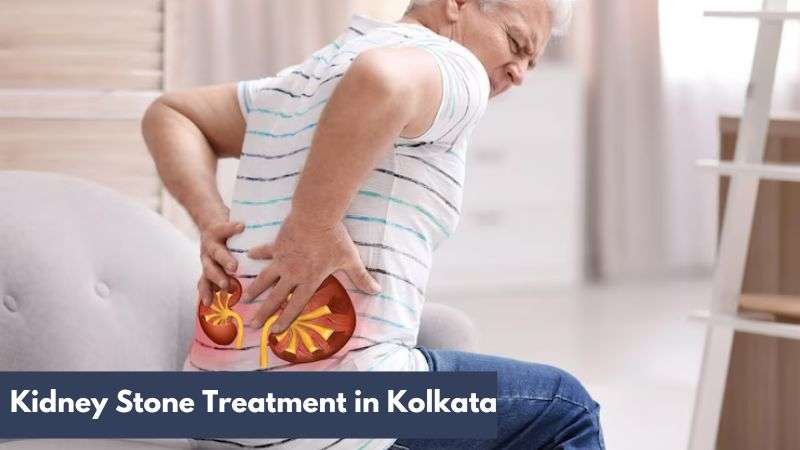Are you experiencing a sharp pain in your back or side that just won’t seem to go away? It could be a kidney stone causing all that trouble. Kidney stones are no joke – these tiny, yet mighty mineral deposits can wreak havoc on your body and cause unbearable discomfort. But fear not! In this blog post, we will explore the best kidney stone treatment in Kolkata, straight from the expert advice of Dr. Bivek Kumar. So sit back, relax, and let’s dive into everything you need to know about kidney stones. How to tackle them effectively.
What is a kidney stone?
Kidney stones are small, hard mineral deposits that form in the kidneys. These crystals can vary in size, from as small as a grain of sand to as large as a golf ball. They are typically made up of calcium oxalate or other substances found in urine.
The formation of kidney stones occurs when there is an imbalance in the levels of water, salts, minerals, and other substances in the urine. When these levels are off-kilter, it can lead to the crystallization of these substances into solid masses within the kidneys.
As these stones grow larger or move through the urinary tract, they can cause excruciating pain and discomfort. The intensity of pain experienced by individuals with kidney stones is often compared to that of childbirth!
If left untreated, kidney stones can lead to complications such as blockages in the urinary tract or infections. It’s crucial to seek medical attention if you suspect you have kidney stones.
Types of kidney stones
Kidney stones are small, hard deposits that form in the kidneys and can cause severe pain when passing through the urinary tract. There are different types of kidney stones, each with its own composition and characteristics.
Calcium stones
Calcium stones are the most common type of kidney stone, made up of calcium oxalate or calcium phosphate. These stones often develop due to high levels of calcium in the urine or other factors like dehydration.
Struvite stones
Struvite stones are usually caused by urinary tract infections and contain magnesium ammonium phosphate. They can grow quickly and become quite large if not treated promptly.
Uric acid stones
Uric acid stones form when there is an excess of uric acid in the urine. Which can be a result of a diet high in purines or certain medical conditions.
Cystine stones
Cystine stones are rare and typically hereditary. They are composed of cystine, an amino acid that leaks from the kidneys into the urine, forming crystals that accumulate over time.
Symptoms and signs of a kidney stone
Kidney stones can be incredibly painful, causing symptoms that are hard to ignore. The most common sign is intense pain in the back or side, often radiating to the lower abdomen and groin area. This discomfort can come in waves and fluctuate in intensity, making it difficult to find relief.
Other symptoms may include blood in the urine, cloudy or foul-smelling urine, frequent urination, and a persistent need to urinate. Some individuals also experience nausea and vomiting as their body tries to cope with the presence of a kidney stone.
In addition, urinary urgency or hesitancy, along with fever and chills if an infection is present, are important signs not to be overlooked. If you notice any of these symptoms persisting or worsening over time. It’s crucial to seek medical attention promptly for proper diagnosis and treatment.

How are kidney stones detected?
Detecting kidney stones typically involves a combination of diagnostic tests and evaluations. When patients experience symptoms like severe pain in the back, side, abdomen, or groin, healthcare providers may suspect the presence of kidney stones. To confirm this diagnosis, imaging tests such as CT scans, ultrasounds, or X-rays are commonly used to visualize the stones within the kidneys or urinary tract.
Additionally, urine tests can help identify substances that contribute to stone formation. These tests analyze levels of minerals and other compounds in the urine that could indicate an increased risk of developing kidney stones. By examining these results alongside a patient’s medical history and symptoms presentation. Healthcare professionals can accurately detect the presence of kidney stones and determine appropriate treatment options.
How kidney stones are treated
Kidney stones can be quite painful and disruptive, but the good news is that there are effective treatment options available. The approach to treating kidney stones often depends on factors like the size of the stone, its location, and the severity of symptoms.
For smaller stones that can pass on their own, your doctor may recommend drinking plenty of water to help flush them out naturally. Pain medications may also be prescribed to manage discomfort during this process.
In cases where a stone is too large to pass on its own or if it’s causing blockage or severe pain, medical intervention may be necessary.
One common treatment option is extracorporeal shock wave lithotripsy (ESWL). A non-invasive procedure that uses shock waves to break up the stone into smaller pieces that can then pass more easily through urine. Another option is ureteroscopy, where a thin scope is used to locate and remove the stone directly from the urinary tract.
Surgical procedures like percutaneous nephrolithotomy (PCNL) may be recommended for larger or more complex stones. It involves making a small incision in your back to access and remove the stone.
Consulting with a urologist who specializes in kidney stone treatment, such as Dr. Bivek Kumar. Will help determine the most suitable course of action based on your individual situation. Remember, early detection and prompt treatment are key in managing kidney stones effectively!
Conclusion: Taking Care of Your Kidneys for a Healthy Life
Taking care of your kidneys is crucial for maintaining overall health and well-being. By understanding the types, symptoms, detection methods, and treatment options for kidney stones. You can take proactive steps to prevent their formation or manage them effectively if they do occur.
Remember to stay hydrated by drinking plenty of water throughout the day, maintain a balanced diet low in sodium and oxalate-rich foods, and consult a specialist. Dr. Bivek Kumar at a reputable urology hospital in Kolkata for personalized guidance on kidney stone treatment options.
Prioritizing your kidney health not only helps in managing existing conditions. Kidney stones but also plays a significant role in preventing future complications. With the right knowledge and proactive measures, you can ensure that your kidneys function optimally for a healthier life ahead.

